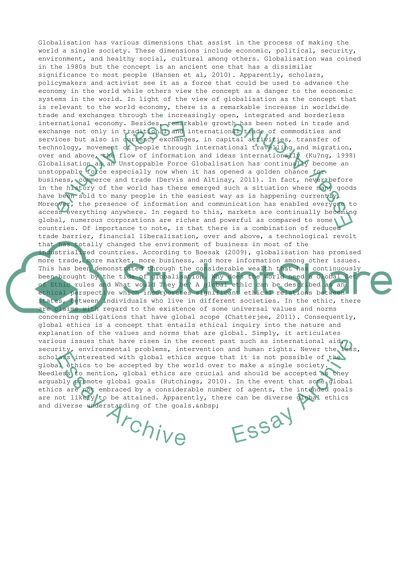Cite this document
(“Globalisation Essay Example | Topics and Well Written Essays - 2500 words”, n.d.)
Retrieved from https://studentshare.org/business/1475276-globalisation
Retrieved from https://studentshare.org/business/1475276-globalisation
(Globalisation Essay Example | Topics and Well Written Essays - 2500 Words)
https://studentshare.org/business/1475276-globalisation.
https://studentshare.org/business/1475276-globalisation.
“Globalisation Essay Example | Topics and Well Written Essays - 2500 Words”, n.d. https://studentshare.org/business/1475276-globalisation.


